Log Home Chinkings for Durability
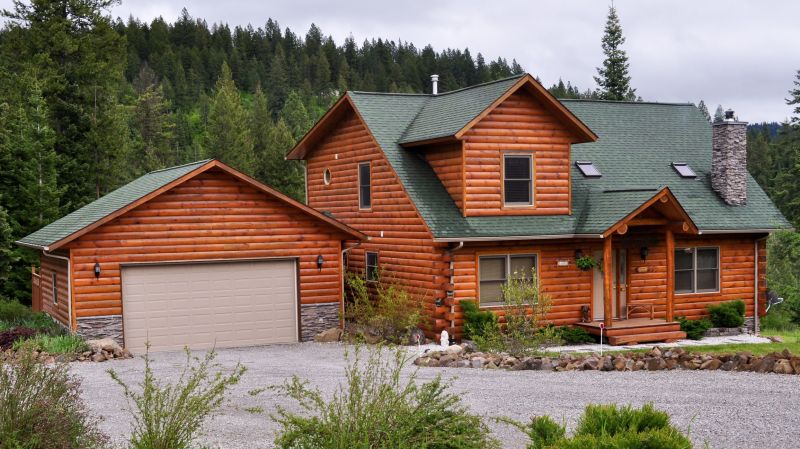
Spring offers moderate temperatures ideal for chinkings, allowing for proper adhesion and curing.
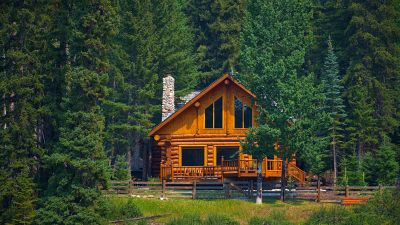
Warm, dry summer days can facilitate efficient application and drying of chinkings.
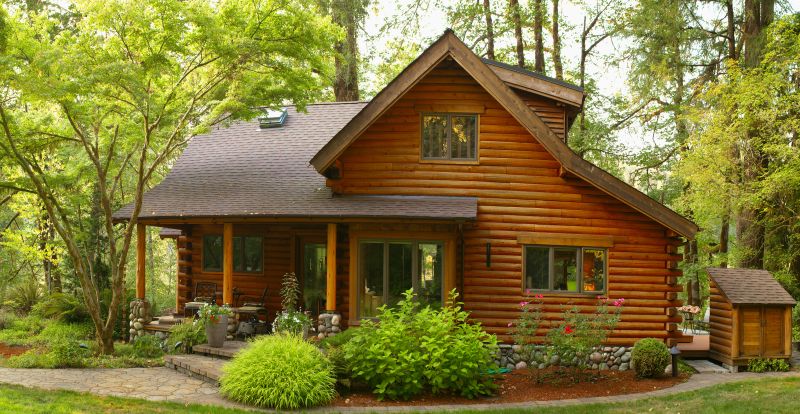
Early fall provides cooler temperatures and less humidity, which can enhance sealing effectiveness.
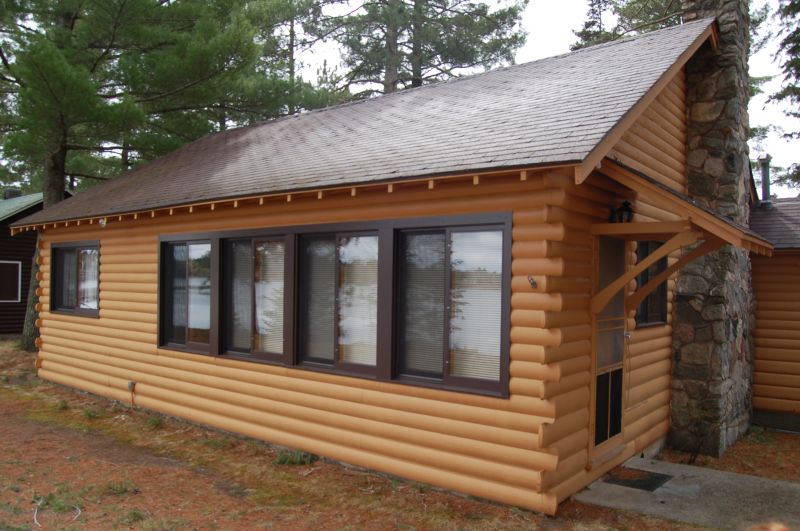
Ways to make Log Home Chinkings work in tight or awkward layouts.
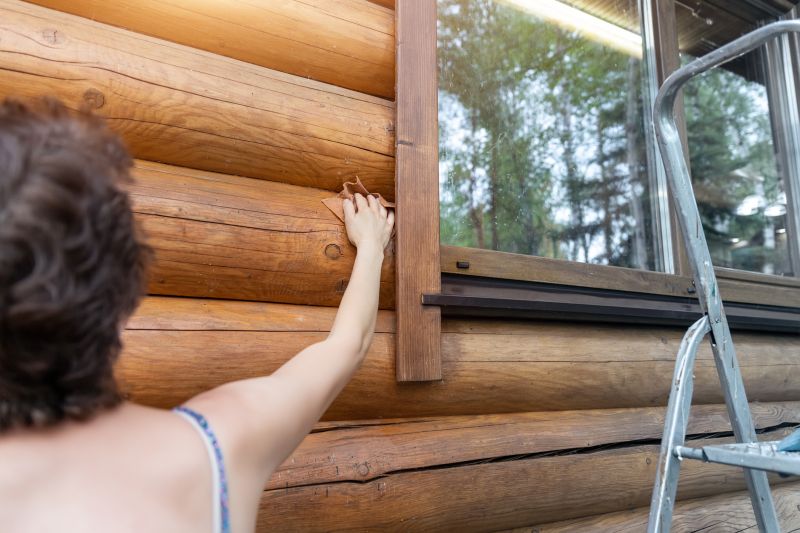
Popular materials for Log Home Chinkings and why they hold up over time.
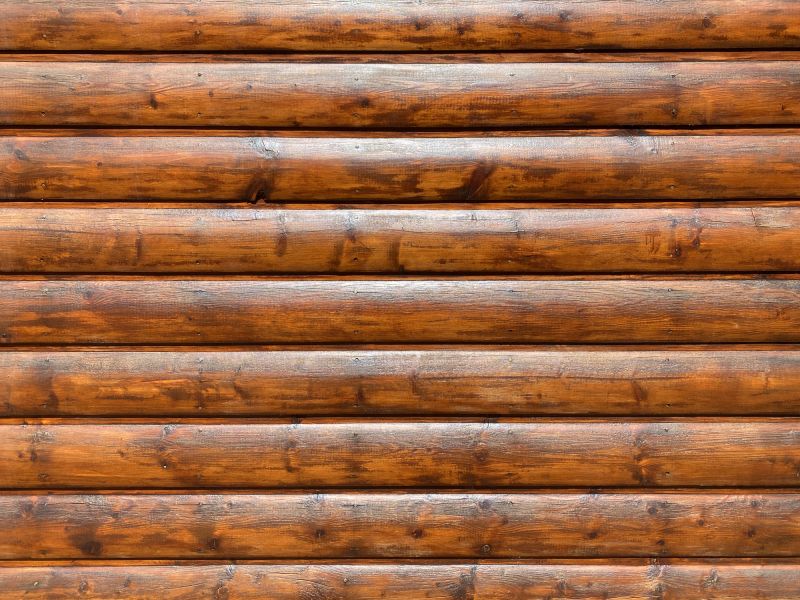
Simple add-ons that improve Log Home Chinkings without blowing the budget.
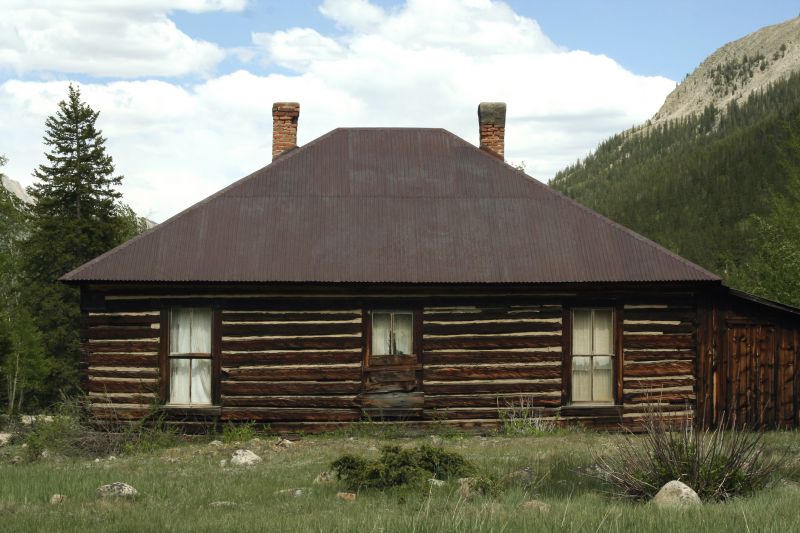
High-end options that actually feel worth it for Log Home Chinkings.
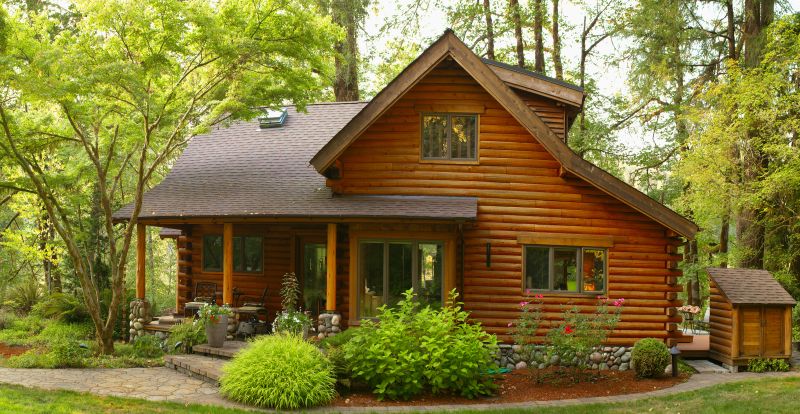
Finishes and colors that play nicely with Log Home Chinkings.
Log home chinkings are essential components that fill the gaps between logs, providing insulation, weatherproofing, and structural stability. Proper chinking application enhances energy efficiency and prevents water infiltration, which can lead to wood decay and other issues. The process involves selecting suitable materials, preparing the logs, and applying the chinking in optimal weather conditions.
Statistics indicate that applying chinkings during periods of moderate temperature and low humidity results in a higher-quality seal. Typically, the ideal temperature range for chinking application is between 50°F and 85°F. Applying outside this window can compromise adhesion and longevity, leading to increased maintenance needs over time.
Avoid applying chinkings during rainy or extremely humid days to ensure proper curing.
Choose chinking materials compatible with log types and environmental conditions for best results.
Proper log surface preparation is crucial before applying chinkings to ensure adhesion and durability.
Regular inspection and resealing during suitable seasons can extend the lifespan of log home chinkings.
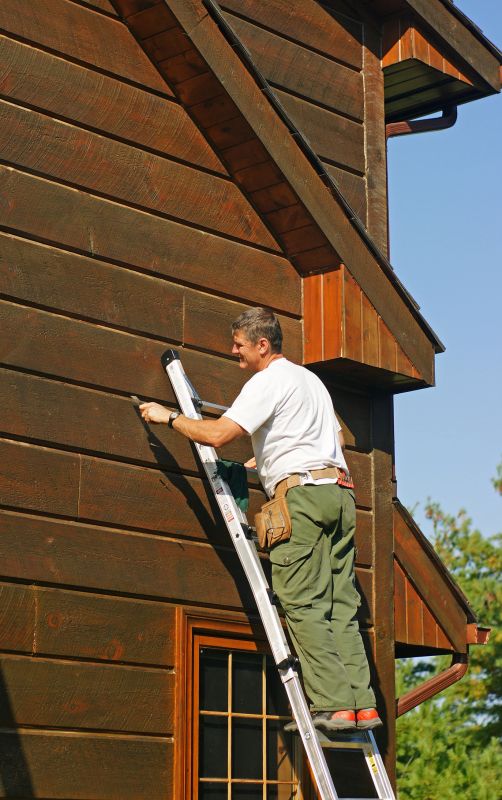
Proper application techniques are vital for effective sealing.
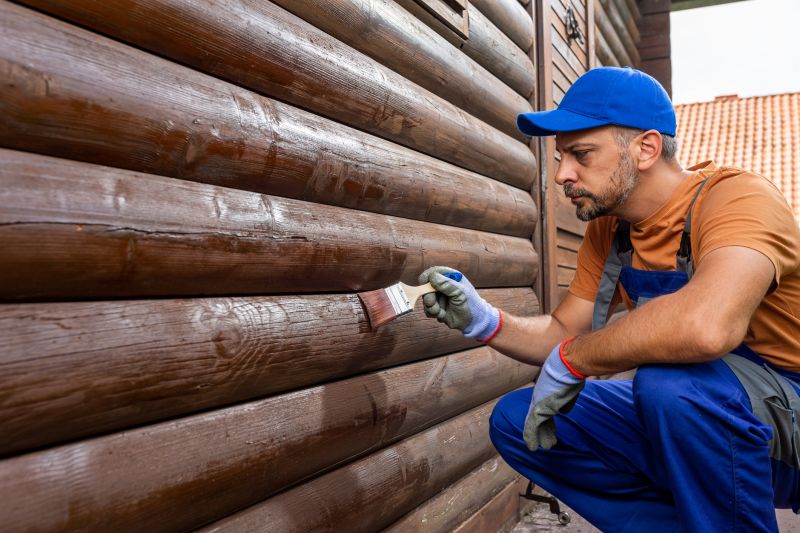
Maintaining chinkings preserves the log home's exterior integrity.
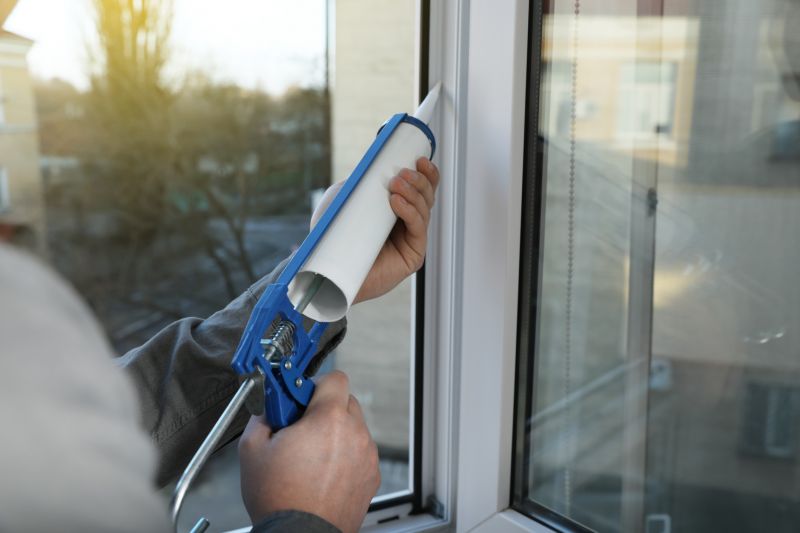
Effective chinkings prevent water infiltration and air leaks.
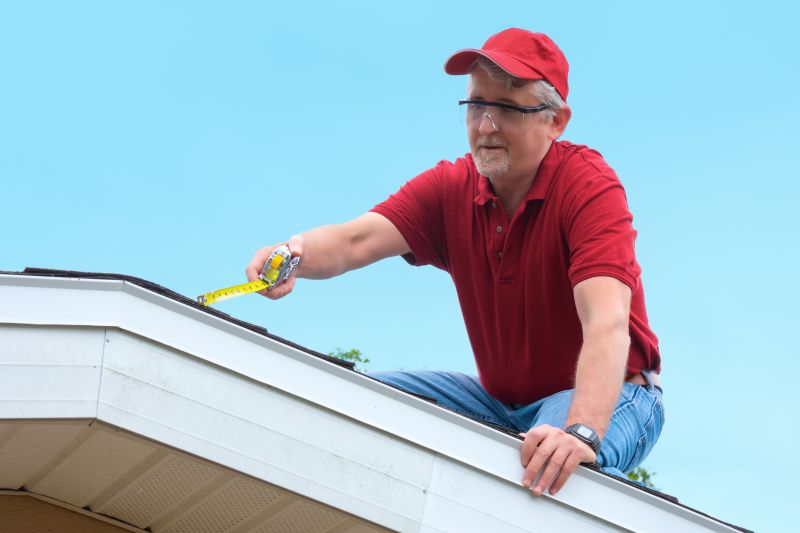
Regular inspections help identify areas needing resealing.
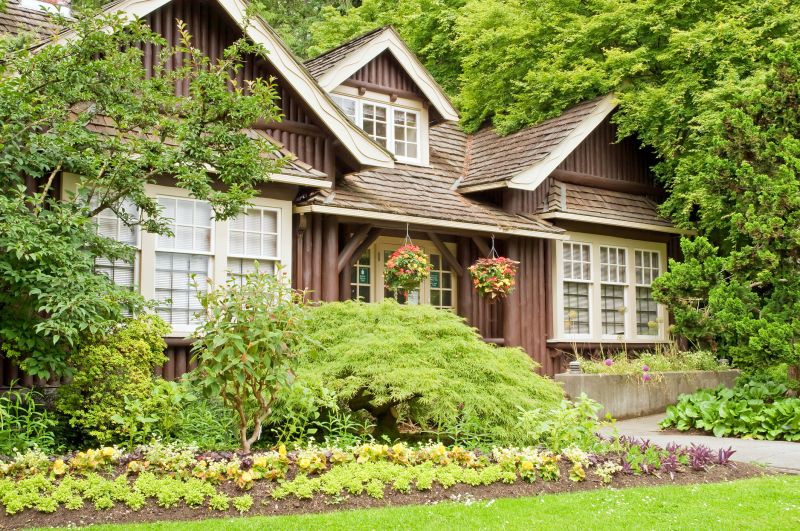
Different materials suit various log types and conditions.
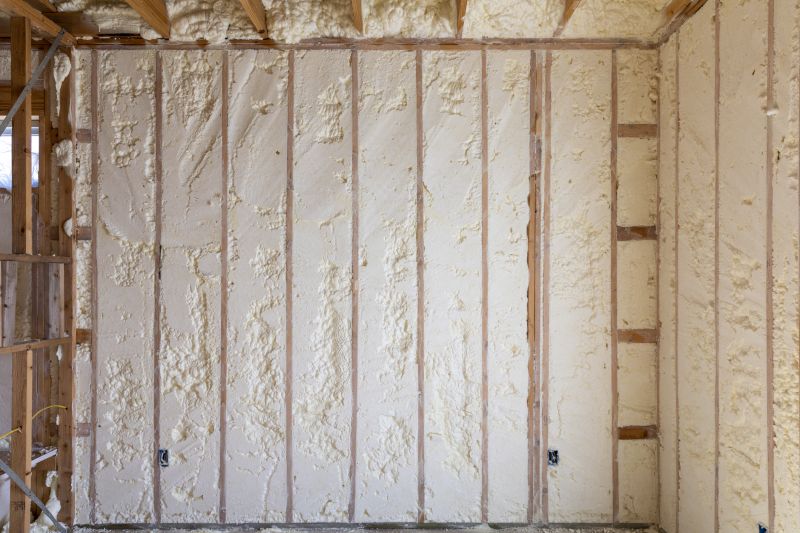
Proper gap filling enhances insulation and structural stability.
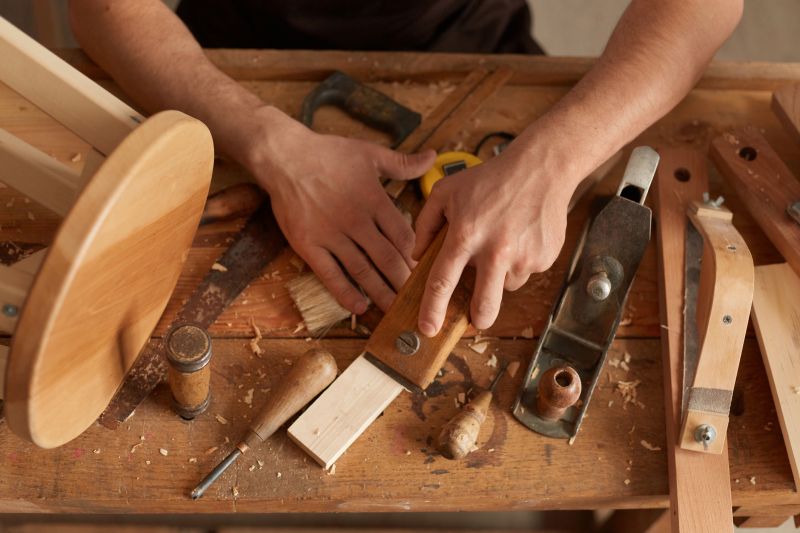
Using appropriate tools ensures a clean, effective seal.
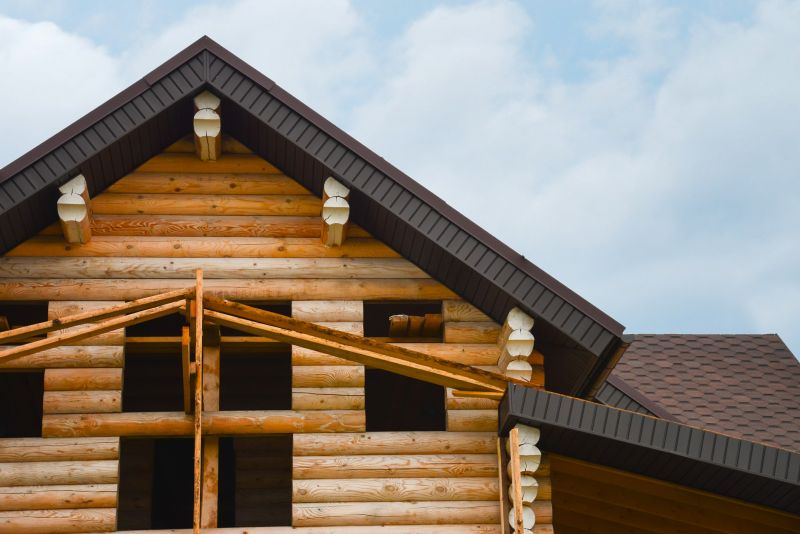
Timing is critical for optimal adhesion and longevity.
| Season | Ideal Temperature Range |
|---|---|
| Spring | 50°F to 70°F |
| Summer | 70°F to 85°F |
| Fall | 50°F to 70°F |
| Early Winter | Above 40°F |
| Late Winter | Above 40°F |
Choosing the appropriate season for log home chinkings ensures optimal adhesion, durability, and weather resistance. Applying during suitable weather conditions minimizes the risk of future repairs and maintains the structural integrity of the log home.
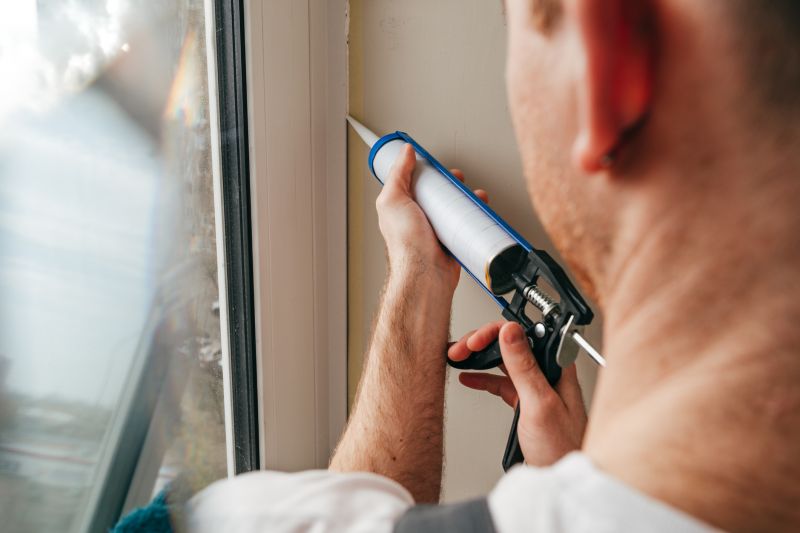
Proper sealing prevents air and water leaks.
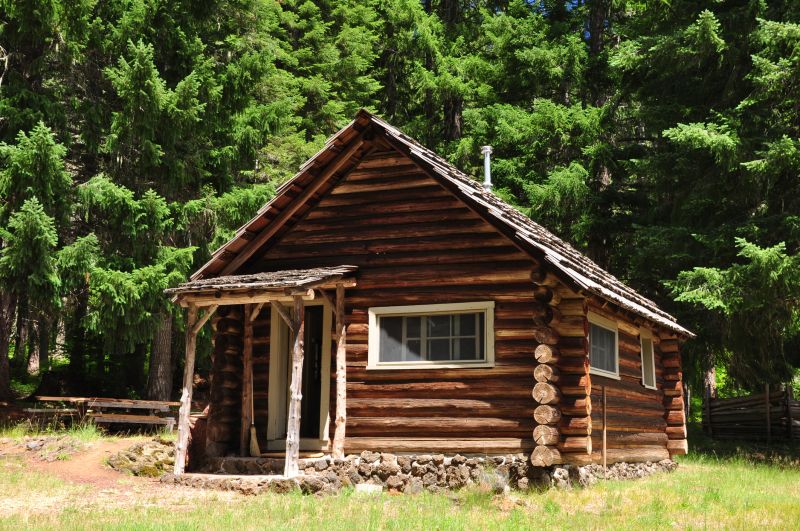
Ideal conditions support effective application.
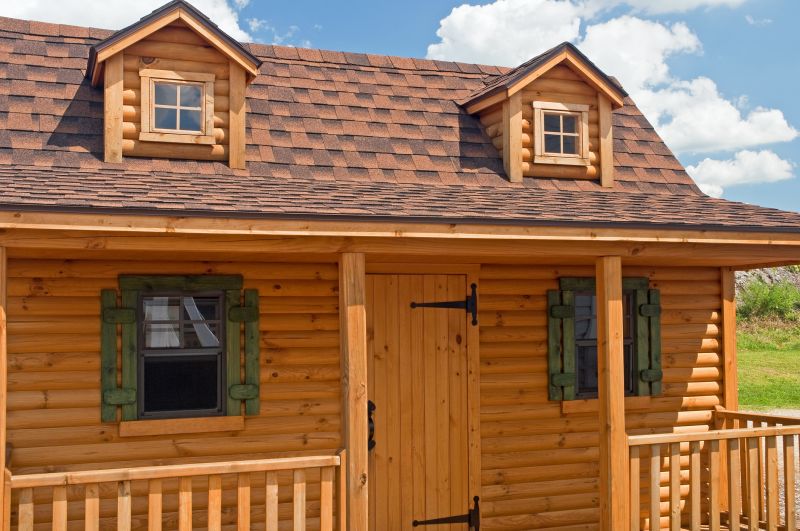
Regular maintenance prolongs chinkings lifespan.
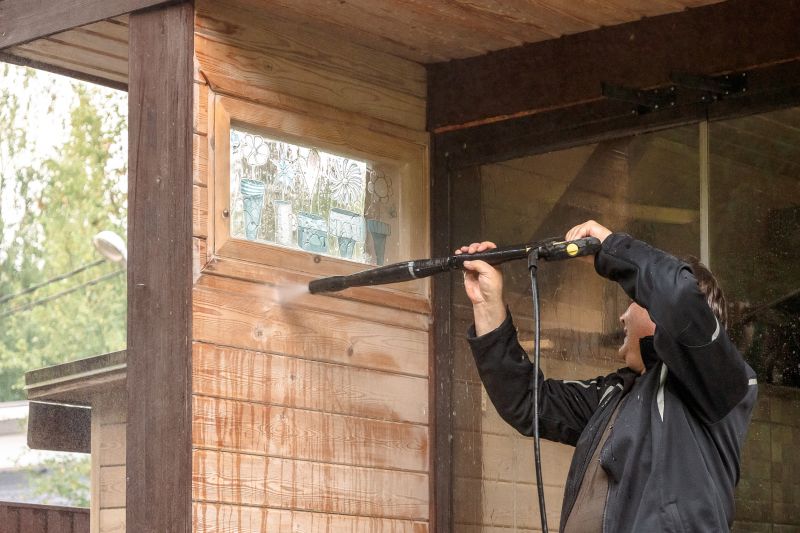
Timing impacts long-term performance.
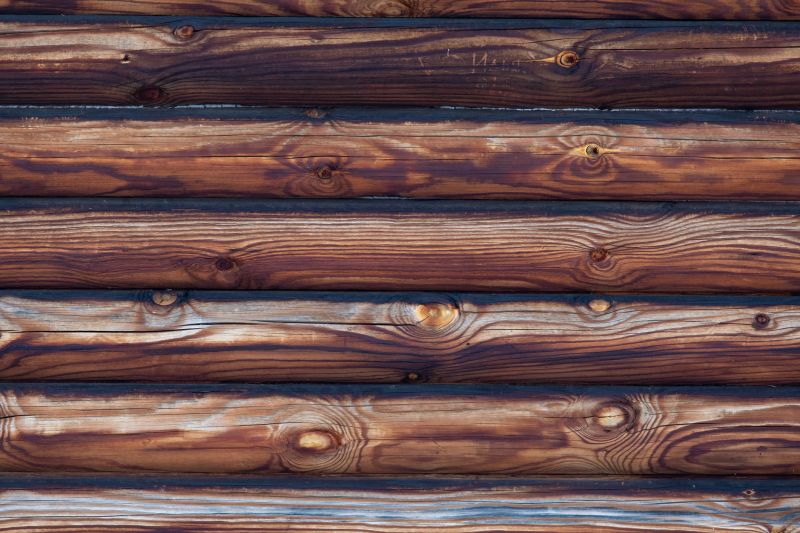
A frequent mistake in Log Home Chinkings and how to dodge it.
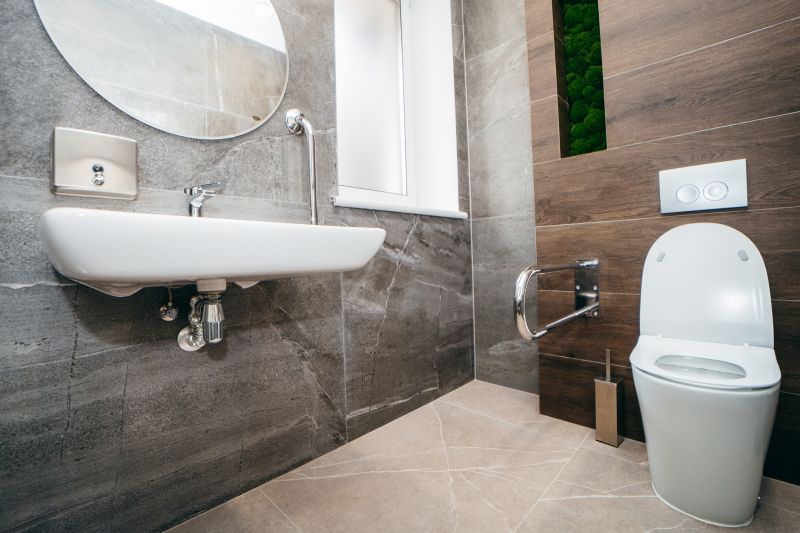
Small tweaks to make Log Home Chinkings safer and easier to use.
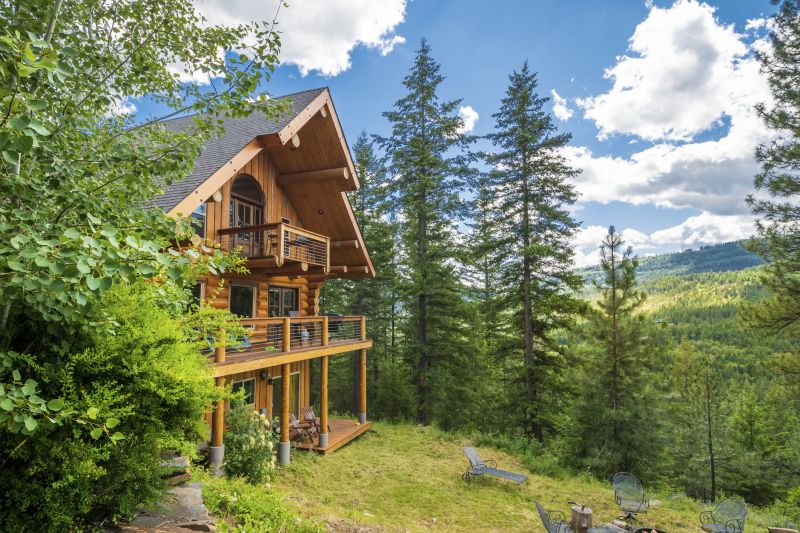
Lower-waste or water-saving choices for Log Home Chinkings.
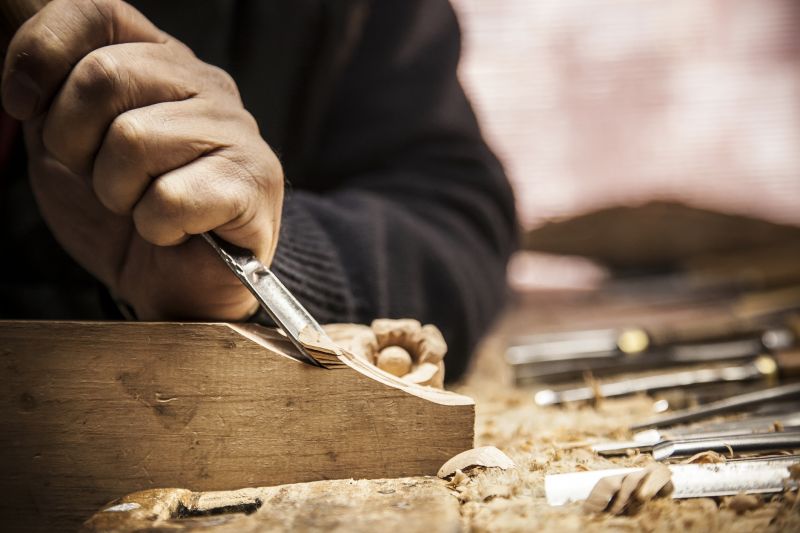
The short, realistic tool list for quality Log Home Chinkings.
Interested in log home chinkings services? Filling out the contact form provides an opportunity to discuss options and schedule applications during optimal seasons for best results.
